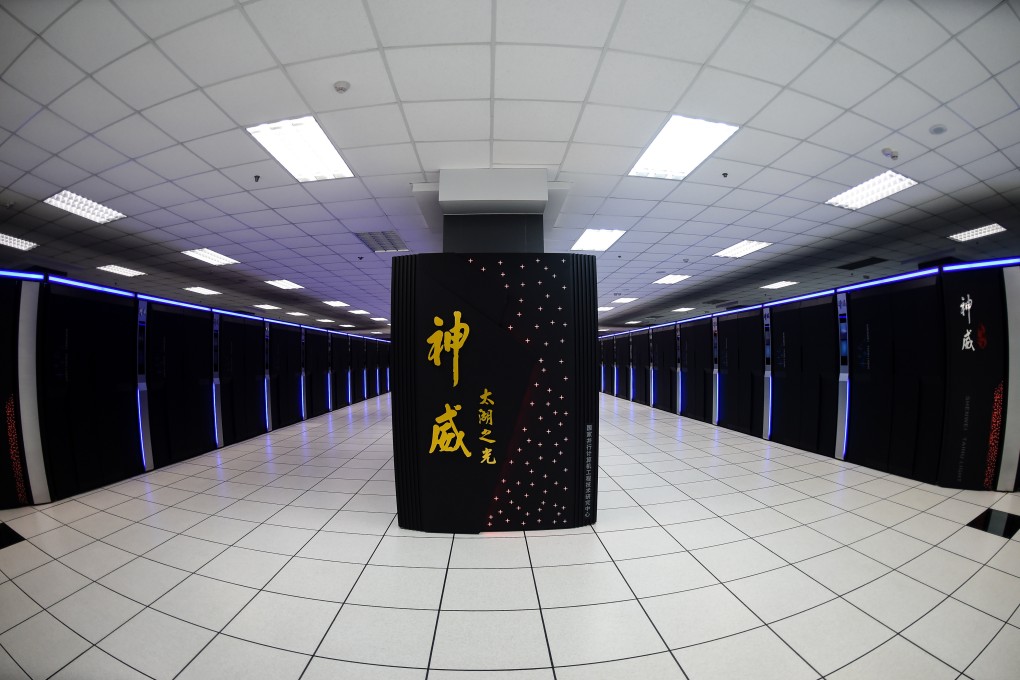US sanctions against Chinese supercomputer centres may have limited impact, observers say
- Seven centres or entities have been blacklisted, with the US Department of Commerce saying the technology could serve military purposes
- Government adviser says there may be some challenges for supercomputers, but military expert doesn’t see immediate issue for weapons development

New US sanctions will cut supplies of the most advanced hardware China needs to develop the world’s fastest computers, but their impact on the country’s military technology may be limited, observers say.
Chinese foreign ministry spokesman Zhao Lijian told reporters on Friday the US move would only strengthen Beijing’s determination to innovate and vowed to hit back if necessary. “China will take necessary measures to resolutely protect the legitimate rights and interests of Chinese companies,” Zhao said.
The sanctions could mean some Chinese companies may no longer be able to outsource the manufacture of custom computer chips to overseas foundries such as Samsung in South Korea and TSMC in Taiwan, according to Xiao Limin, an adviser to the government on supercomputer technology.